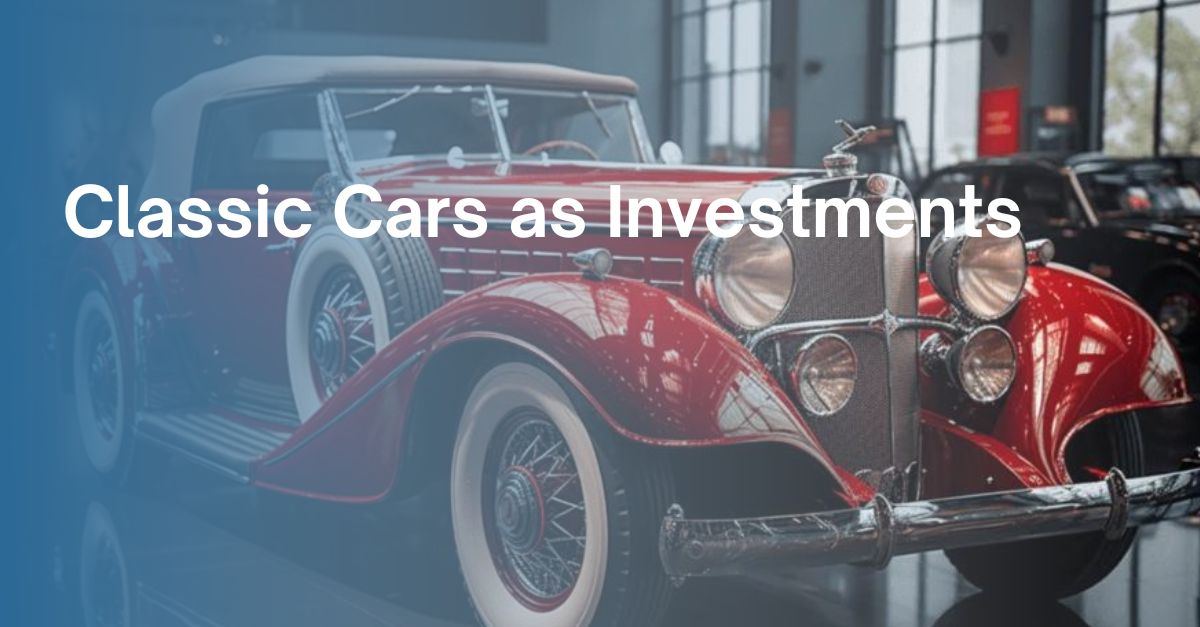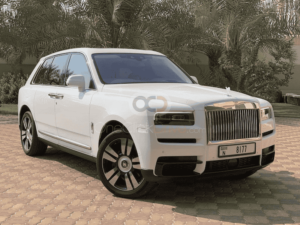Investing in vintage cars is not only a hobby for automobile enthusiasts, but it can also be a wise financial decision. While some may hesitate at the thought of spending a significant amount on a classic vehicle, vintage cars can appreciate in value over time, making them a long-term investment. This article explores the various reasons why vintage cars can offer substantial returns, considering economic factors, historical significance, and the exclusivity that drives their market appreciation.
The Economic Factors
The economic factors surrounding vintage cars play a crucial role in their status as long-term investments. Over the years, the U.S. government has implemented estate tax exemptions, allowing individuals to bequeath assets up to a certain value free of federal estate tax. For instance, in 2015, the estate-tax exemption was set at $5.43 million. This exemption enables collectors to pass on their valuable car collections to their heirs without additional tax burdens, making vintage cars a sound part of an investment portfolio.
Another key economic factor is the limited supply of vintage cars. With over 10 million vehicles being sent to salvage yards and scrap facilities each year, the number of classic cars available in the market is continually decreasing. This scarcity drives up the demand and value for well-preserved and restored vintage automobiles. As potential investors recognize this trend, they are more likely to consider vintage cars as a viable investment opportunity.
The business of vintage car restoration also contributes to their investment potential. The increased demand for restoration services indicates a growing market, with expertise and craftsmanship ensuring cars are brought back to their former glory. Professional restorers often see their vintage car investments pay off handsomely, as restoring a classic car to peak condition can significantly boost its market value in both auctions and private sales.
The Historical Significance and Exclusivity
Many vintage cars carry a rich historical significance, making them even more appealing to investors. These vehicles are often intertwined with important cultural and technological milestones, attracting collectors who value the story behind the car as much as the car itself. The unique history of each vehicle can enhance its desirability, contributing to its appreciation over time.
The exclusivity of certain vintage models adds another layer of investment potential. According to the EPA, over 10 million vehicles are sent to salvage yards and scrap facilities each year. When you score an amazing vintage car, you’re not only making a great investment, you’re keeping waste out of the junkyards! Due to their limited production runs or the demise of the original manufacturers, some cars become rarer with each passing year. Collectors seek these rare models, driving up prices as enthusiasts compete to secure them for their collections. This exclusivity turns vintage cars into prized assets similar to fine art or rare coins.
The community around vintage cars further accentuates their investment potential. Many enthusiasts and collectors join clubs or attend events that celebrate iconic models, fostering a network of individuals passionate about preserving automotive heritage. Being part of such a community can enhance the joy of ownership while packaging vintage cars as an investment that offers more than monetary returns—it offers social and cultural enrichment.
The Business Impact and Market Projections
The vintage car market is a thriving business sector, reflected in the thousands employed by the industry. According to the National Automobile Dealers Association (NADA), truck dealerships alone employed over 239,000 people, demonstrating the automotive sector’s significant contribution to the economy. Within this sector, vintage car dealers and auction houses play essential roles, fueling interest and investment in classic automobiles.
Experts project continued growth in the vintage car market, attributed to the nostalgia and legacy associated with classic vehicles. As younger generations develop an appreciation for the craftsmanship and design of older cars, the market is poised for expansion. This interest is mirrored in the increasing number of car shows and auctions dedicated to vintage models, signaling a robust future for these investments.
The business of vintage cars goes beyond buying and selling; it encompasses restoration services, auctions, and memorabilia. Investors can diversify their involvement by partaking in these auxiliary activities. Such diversification not only enhances potential returns but also embeds investors deeper into the niche market, adding layers of protection against typical market fluctuations.
Purchasing a vintage car goes beyond the aesthetic and nostalgic appeal; it is an investment that holds considerable financial promise. With favorable economic conditions, historical significance, and emerging market trends, vintage cars serve as long-term assets worthy of consideration. Whether an investor is driven by passion or profitability, vintage cars offer a unique blend of both, making them an alluring choice for those seeking to diversify their portfolio while enjoying an ever-growing community and cultural experience.





Be First to Comment